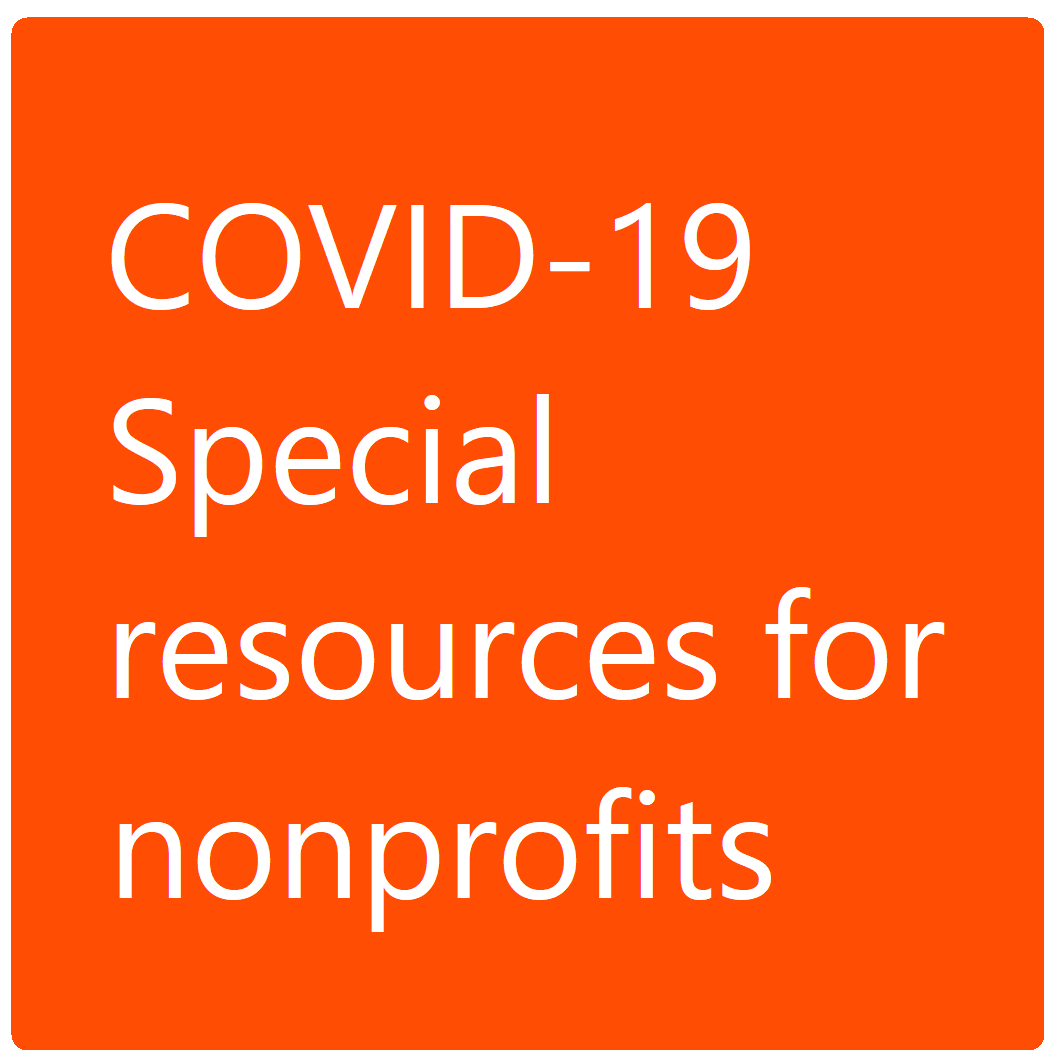
Board Members: Now is your time to shine!
Practical, timely advice for board members in guiding non-profits through the COVID-19 crisis
By Nathaniel Moldoff, Development Consultant at Perry Davis Associates

1) Don’t panic or rush to make decisions
You will likely have to make some tough calls. Will we need to lay off some staff? Should the organization (temporarily) cease operations? Can the organization pivot or refocus to provide new programs or community resources tailored to the emerging reality? Even the most time-sensitive issues deserve measured consideration. Take some time to consult with trusted advisors or perhaps take a walk to clear your mind.
Most importantly, the information you use to make decisions must be sound. If you are unsure about some details of the organization’s operations, don’t hesitate to reach out to the appropriate staff person for confirmation or clarification.
2) Communicate directly to staff at all levels
While in the past you might have been in regular contact only with the most senior staff, now is the time to remind all employees that you are there for them and the organization, as a leader and a resource. Coordinate with your Executive Director and then, first and foremost, tell the staff that you care about them personally and about the mission to which you have all committed. Maintain a friendly, sympathetic tone. As remote work becomes the new normal, tell them how they can best get in touch with you going forward. Invite them to reach out with any specific concerns. Communication is best when it goes both ways.
3) Be reasonable in your expectations of staff
They are scared too. They may now suddenly find themselves taking on more responsibilities such as caring for children or elderly relatives. Working from home is not always as pleasant as it seems at first. Constant interruptions and a lack of a dedicated workspace or proper office equipment will hamper everyone’s productivity. While the work must continue, and in some cases may even intensify in the coming weeks, assume that everyone is trying their best. As much as possible, keep calls and emails within normal working hours and acknowledge that responses to your calls and emails may take a bit longer than usual. Be judicious in making requests of staff for information or materials; ask only for what you really need and mutually agree on deadlines.
4) Assess the major threats first, with an eye on the financial bottom line
There are so many new questions to consider. Don’t get overwhelmed and take them one at a time. Review any major contracts, especially with vendors and consultants. Also, it might be a good idea to review insurance policies. Focus on understanding and getting accurate numbers for what will likely be the largest expenses in the short term:
- Are you able to maintain the current payroll?
- If there will be layoffs, carefully consider what severance packages you may be able to offer and what else you can do to help laid-off employees find new jobs. You personally may be in a position to make networking connections, write a letter of recommendation, or even hire them at another business or organization with which you are involved. Additionally, be sure to consider the “soft costs” of employee turnover – what time and resources will it take to retrain remaining employees to take on new or expanded roles?
- Office rent and other prepaid or contractually obligated expenses, such as insurance, accountants and other major vendors. In a financial crunch, you may be able to pause or cut some of these expenses.
- Unexpected costs: Did you have to cancel any upcoming events for which the costs will not be recouped? Have you already made financial investments preparing for programs that will no longer take place? Will you be reimbursing employees for the purchase of home office equipment?
- If your organization has already set aside a reserve fund, it may come in handy now. How much are you and your fellow board members willing to dip into those reserves?
- Thinking more mid- to long-term, now is an opportune time to review the organization’s key programs and gather any evaluative data to see what strategies are working better than others. If programs are not producing the intended results, cut them.
5) As a board member you should fundraise actively
Most importantly, now is the time to step up and help with active fundraising, retaining current donors, and possibly enlisting new ones. Take direction from your executive officer and senior development staff.
6) Neither you nor the staff can predict the future
Discuss multiple possible scenarios; and give them each equal weight. You must prepare fully for Plan A, Plan B and Plan C, with the expectation that you won’t be able to fully execute all of them as outlined. You will probably need to change course or re-direct down the road. Avoid general speculation about how this will all turn out. The unexpected is already happening. As hard as it is, embrace the uncertainty.
Particularly for Board Chairs and Presidents, your leadership is key. Working together with your fellow trustees, the organization’s staff, and all its supporters, you and the organization can get through this and emerge as strong as ever. Your organization’s mission and the people who benefit from it deserve nothing less.
 Nathaniel Moldoff is a Development Consultant at Perry Davis Associates, where he helps small and mid-size organizations improve their fundraising effectiveness, with a focus on foundation relations and major gifts. He also serves on several nonprofit boards.
Nathaniel Moldoff is a Development Consultant at Perry Davis Associates, where he helps small and mid-size organizations improve their fundraising effectiveness, with a focus on foundation relations and major gifts. He also serves on several nonprofit boards.